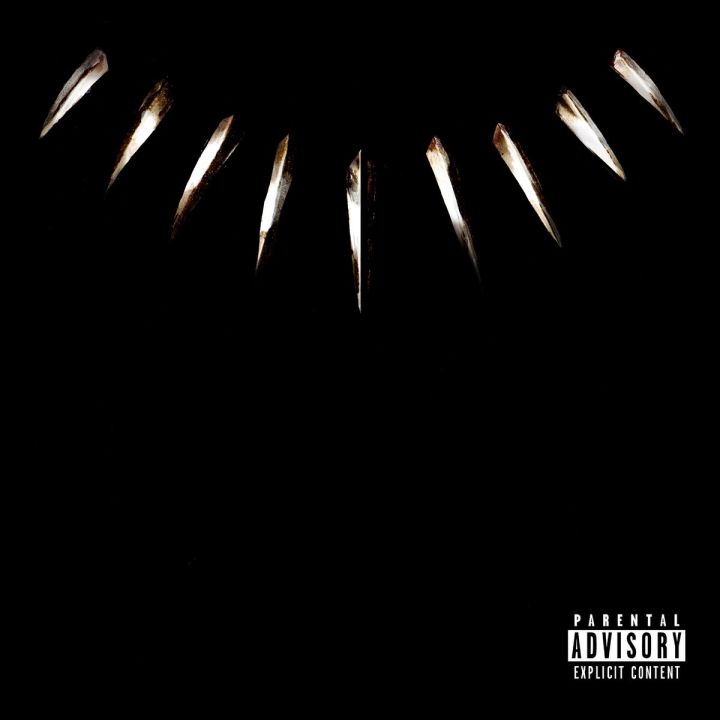Album Review: “Black Panther” by Kendrick Lamar
February 10, 2018
Preceding the release of Marvel’s first new superhero movie of the year was Kendrick Lamar’s fifth studio album, Black Panther. The highly-anticipated album contains 14 original tracks, and features a mix of fresh sounds partly inspired and influenced by the first Marvel film with an all-black cast and black director. Since the first announcement of the album and the release of its lead single, “All the Stars” featuring Lamar and SZA in January, the excitement to hear the other guest voices on the track has grown almost as much as the excitement for the movie itself.
The release of Black Panther made Lamar the latest artist to curate and produce a major soundtrack, but it includes more than the vocals of Lamar himself. The depth of this album is derived in the inclusion of many other major voices in the hip-hop/rap scene of today. Alongside Lamar appear Travis Scott, Vince Staples, 2 Chainz, Jorja Smith, Khalid, The Weeknd and more.
Standing as a collaborative piece in itself, the vibes that flow through the track are combinations of sacrifice and hope, of fears and desires, of freedom and of revolution. Perhaps saving one of the best for last, the fourteenth song on the album is The Weeknd’s “Pray for Me,” which features Lamar and embodies this revolutionary attitude. In Lamar’s second verse, he raps, “I fight the world, I fight you, I fight myself/I fight God, just tell me how many burdens left.” Displaying a mix of faith and fear, he passionately prophesizes at the end of the verse, “It’s all prophecy and if I gotta be sacrificed for the greater good/Then that’s what it gotta be.”
The comprehensive nature of this soundtrack allows the playful rhythms and lyrics that Lamar’s fans know and love to be elevated to a more mature sound that contains a heavier message. In his song with Zacari, called “Redemption,” Lamar softly opens by singing, “Two wrongs don’t make us right away/Tell me something’s wrong/Party all of our lives away/To take you on.” By first establishing a contemplative tone and then letting his listeners relax in an entire bridge of understandable yet catchy mumbles, such as a repetitive utterance of “kikiritikiki,” Lamar proves he can include both ends of the lyric spectrum into one song and across an entire album.
While Black Panther includes a variety of artists and styles, the album marks a prominent checkpoint in Lamar’s career. By intertwining the revolutionary attitude of his lyrics with smooth sounds in an album that he curated himself for one of Marvel’s next major films, Lamar has taken a step above some of his biggest accomplishments in past years. While the feel of this soundtrack is far different from that of previous hit-singles like “Bitch Don’t Kill my Vibe” and “Swimming Pools,” Lamar has set the bar one notch higher in the hip-hop/rap game.
